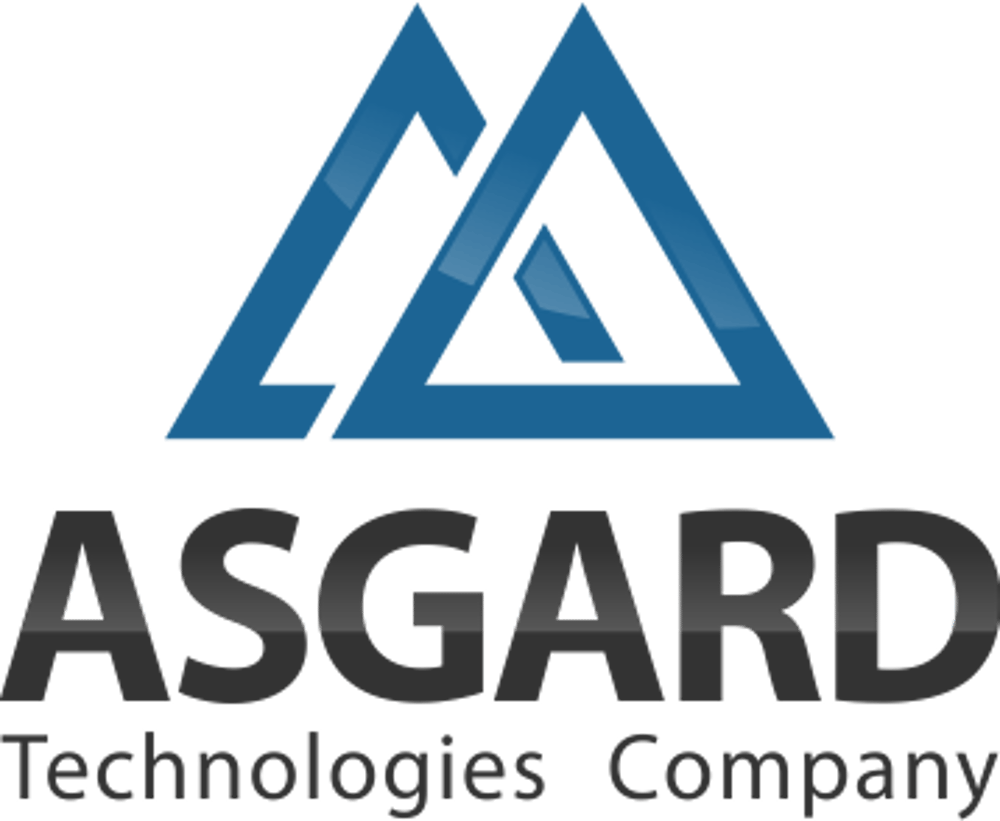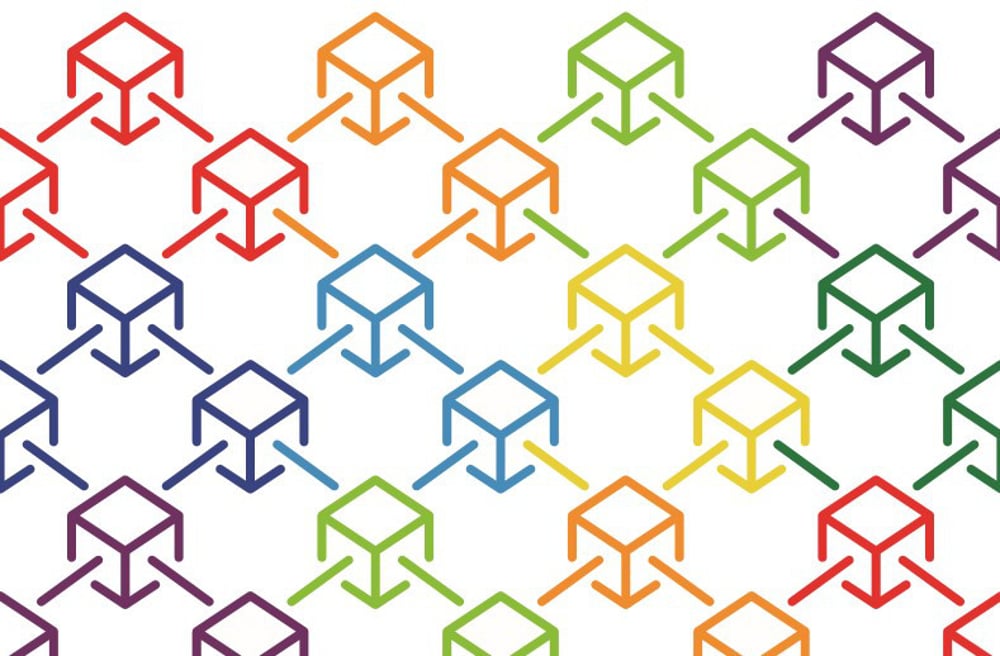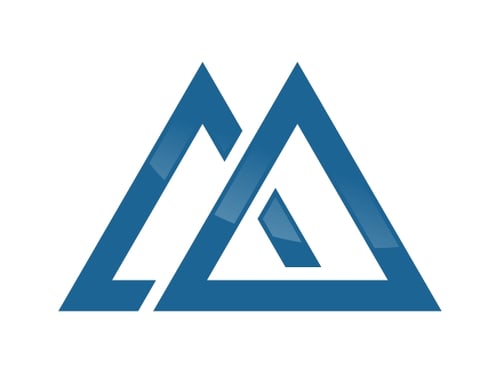Your Trusted Blockchain Partner for Corporate Solutions
Since 2016, Asgard has been at the forefront of the blockchain revolution, pioneering innovative solutions and empowering corporations to harness the potential of this transformative technology. Asgard brings unparalleled expertise and a proven track record in delivering blockchain-based solutions across various industries. Here are some compelling blockchain use cases for corporations and why Asgard is the ideal partner to unlock their full potential:

Why Choose Asgard as Your Blockchain Partner?
Proven Expertise: With our extensive experience in blockchain technology and a successful track record, Asgard is well-positioned to deliver tailored solutions that address the specific needs and challenges of corporations across industries.
Cutting-Edge Solutions: Asgard stays at the forefront of blockchain advancements, keeping up with the latest trends and technologies to provide innovative and future-proof solutions for our clients.
Collaborative Approach: We believe in close collaboration with our clients, working as a strategic partner to understand their goals, challenges, and unique requirements. This collaborative approach ensures that our solutions align with their vision and deliver tangible business value.
Security and Compliance: Asgard prioritizes the highest levels of security and compliance in all our blockchain solutions. We adhere to industry best practices, robust encryption standards
Supply Chain Management:
Blockchain enables transparent and secure tracking of goods throughout the supply chain, ensuring authenticity, traceability, and efficiency. Asgard's deep understanding of blockchain technologies and experience in supply chain management positions us as a valuable partner in streamlining operations, reducing fraud, and enhancing trust for corporations.
Digital Identity Verification:
With the rising importance of digital identities, blockchain provides a secure and decentralized platform for identity verification. Asgard's expertise in blockchain-based identity solutions empowers corporations to establish robust systems that protect user data, prevent identity theft, and streamline onboarding processes with enhanced security and privacy.
Smart Contracts and Automation:
Blockchain-based smart contracts enable secure and automated execution of agreements, eliminating intermediaries and reducing costs. Asgard's proficiency in smart contract development allows corporations to streamline their contractual processes, enforce trustless transactions, and improve operational efficiency while ensuring immutability and transparency.
Data Management and Security:
Corporations deal with vast amounts of sensitive data that require utmost protection. Blockchain's decentralized and immutable nature provides a robust solution for data management and security. Asgard's expertise in blockchain-based data solutions ensures corporations can securely store, share, and verify data, protecting against unauthorized access and maintaining data integrity.
Tokenization and Asset Management:
Blockchain facilitates the tokenization of assets, enabling fractional ownership, liquidity, and efficient management of digital assets such as real estate, intellectual property, or financial instruments. Asgard's in-depth knowledge of tokenization strategies and blockchain infrastructure allows corporations to explore new avenues for asset management, fundraising, and unlocking liquidity.
Decentralized Finance (DeFi):
The emergence of DeFi has revolutionized traditional financial systems, offering transparency, accessibility, and inclusivity. Asgard's expertise in decentralized finance empowers corporations to leverage blockchain technology for innovative financial solutions, such as lending, borrowing, staking, and decentralized exchanges, providing opportunities for growth and financial optimization.
Supply Chain Traceability and Sustainability:
Blockchain enables end-to-end traceability, ensuring transparency and accountability in supply chains, which is crucial for sustainability initiatives. Asgard's blockchain solutions empower corporations to demonstrate their commitment to responsible sourcing, ethical practices, and environmental sustainability, enhancing brand reputation and consumer trust.
Intellectual Property Protection:
Blockchain's immutability and timestamping capabilities provide a robust solution for protecting intellectual property rights. Asgard's blockchain expertise allows corporations to establish secure and tamper-proof systems for registering and enforcing intellectual property, safeguarding innovations, and fostering a culture of innovation within the organization.
Schedule a Consultation
Reach out to us today and learn how you can implement Blockchain solutions into your business.
A blockchain is a decentralized, distributed, and oftentimes public, digital ledger consisting of records called blocks that is used to record transactions across many computers so that any involved block cannot be altered retroactively, without the alteration of all subsequent blocks.
Bitcoin: Where it all started.
The typical model that we follow for the web we know today is the client server model. The information and processing logic lives in the central computing infrastructure, known as the server. The sever connects everything to the central infrastructure by way of a common protocol, known as the http protocol. Today, www is the backbone of the internet. However, the computing power of a central infrastructure is limited.
The inventor of Bitcoin — Satoshi Nakamoto.
Nakamoto coined the term “Block chain” in his 2008 white paper introducing bitcoin to the world.
The true identity of Satoshi Nakamoto is unknown.
Important Characteristics of the Bitcoin blockchain
Transactions are validated by miners who get rewarded.
Public ledger: All bitcoin exchanges are visible to everyone in the network.
Transfer/Spending of coins require a very little fee.
Bitcoin is an open source peer-to-peer application that supports the exchange of digital currency know as bitcoin.
Bitcoin is a digital currency which operates on an open source peer-to-peer application system.
It is NOT physical, the currency lives in the Bitcoin network in the form of bits and bytes on the file system of the peers in the network.
Each coin has an identity and an owner. The owner can spend the bitcoin. The rightful owner of the bitcoin is the one who has the private key.
How a blockchain works
(1) A wants to send money to B.
(2) The transaction is represented online as a 'block'.
(3) The block is broadcast to every party in the network.
(4) Those in the network approve the transaction is valid.
(5) The block then can be added to the chain, which provides an indelible and transparent record of transactions.
(6) The money moves from A to B.
Blockchain is a decentralized system for exchange of value. Uses a shared distributed ledger. Transaction immutability achieved by way of blocks and chaining. Leverages consensus mechanism for validating the transactions. Uses cryptography for trust, accountability, and security. The Bitcoin blockchain allows only bitcoin. A general blockchain such as Ethereum allows any asset to be managed as long as it can be digitally represented on the chain.

Blocks and Chaining
Data added to the ledger CANNOT be updated or deleted.
Consensus
(1) Distributed Ledger = Distributed Database.
(2) Consensus = Protocol by which peers agree on state of ledger.
(3) Ensures all peers in the network has exactly the same copy of ledger.
(4) Fraudulent transactions kept out of the ledger
(5) Guarantees to record transactions in chronological order
(6) Three different consensus methods: Proof of work, proof of stake, OR, tendermint. Bitcoin (BTC) and Ethereum (ETH) use proof of work.
Cryptography
Participants have a public/private key pair . Transaction is signed by the owner of asset with private party. Anyone can validate the transaction with owner’s public key.
Is bitcoin the best?
Many would say no, but many others would tell you that scaling, adoption, feasibility, and other issues will be solved over time through "forks." While Bitcoin has the first mover advantage among other things, other technologies such as Ethereum have gained steam, are much more capable, and provide more than just a store of value. Continue below to learn more about Ethereum.
What is Ethereum?
Ethereum is a permission less Public Blockchain network like Bitcoin.
The Ethereum network provides storage like BTC but also provides computing resources.
Nodes not only hold the data, but can also deploy the code.
Ethereum (ETH)
What are Smart Contracts?
Computer code, (lives in the nodes on the Ethereum network).
-This code can be written in multiple languages.
-The primary language used for Ethereum is called Solidity.
-The contract lives on the network.
-The smart contract enforces rules.
-Performs negotiated actions.
DAPP Technology Stack
Smart Contract Programming Languages
How does it work?
Wallets are downloadable for managing Ethers and smart contracts.
When it comes to complex or user friendly contracts you need to write a DAPP .
DAPP = Decentralized apps.
DAPPS interact with contracts on a network.
The execution of the smart contract is not free, a small fee must be paid in ETH.
